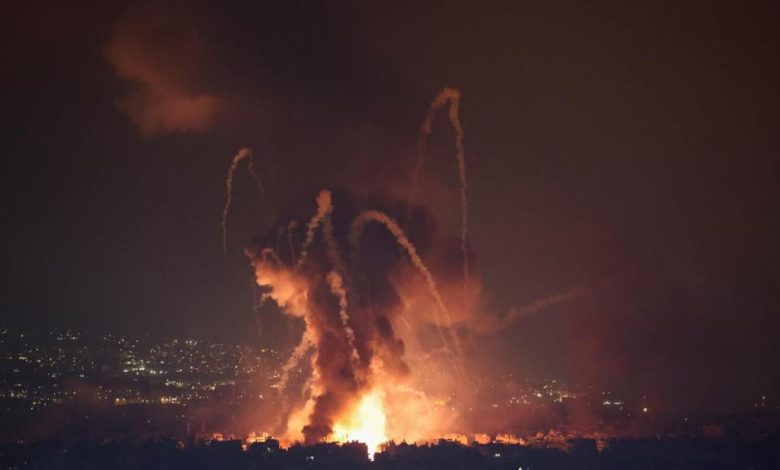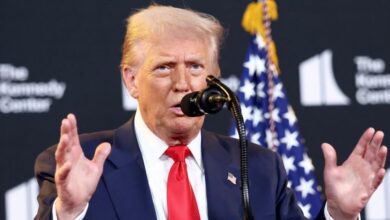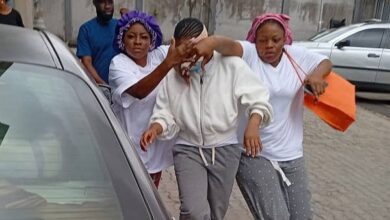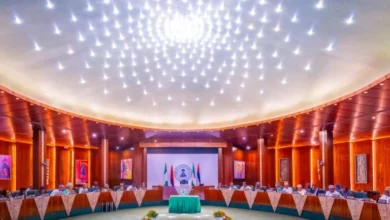

As 7 October arrived, huge flashes illuminated the hills of most northerly Israel. Explosions rang out from beyond the border with Lebanon and there was a constant roar of Israeli jets.
The raids continued throughout the night with an intensity we haven’t heard here since the opening of Israel’s ground invasion nearly a week ago.
Prime Minister Benjamin Netanyahu was in the area yesterday, visiting troops involved in the expanded operation. He told them they had “completely changed reality” in the year since the Hamas attacks were launched, from Gaza, into the south of the country.
Netanyahu claims Hezbollah was planning an even bigger invasion into the north of the country which is why he has sent troops into Lebanon.
Research carried out by the Hebrew University of Jerusalem to mark one year on from 7 October suggests the vast majority of Israelis support the new campaign in Lebanon.
But the fighting has already proved to be fierce in places and the Israel Defense Forces have announced the death of a tenth soldier, 25-year-old Master Sergeant Etay Azulay from an elite combat unit.
Another key Israeli justification for the Lebanon invasion is to finally stop the nearly daily rocket fire from Hezbollah which the group launched in solidarity with Hamas a day after 7 October last year.
But that has not happened yet and, overnight, more rockets were fired into northern Israel, including into places further from the border, such as HaCarmel and HaMifratz, which are beyond evacuation areas and supposed to offer more safety.
Not all of the rockets were intercepted, including one which hit the city of Haifa.
BBC




